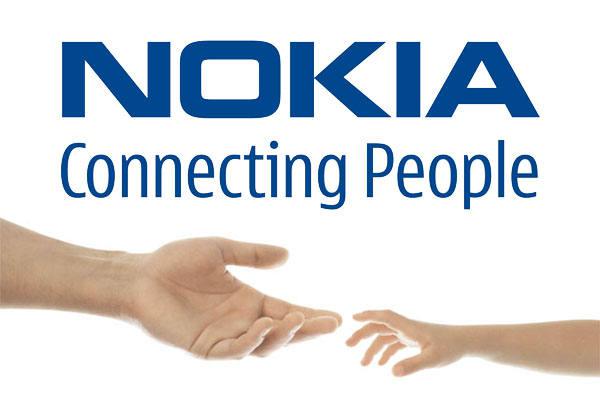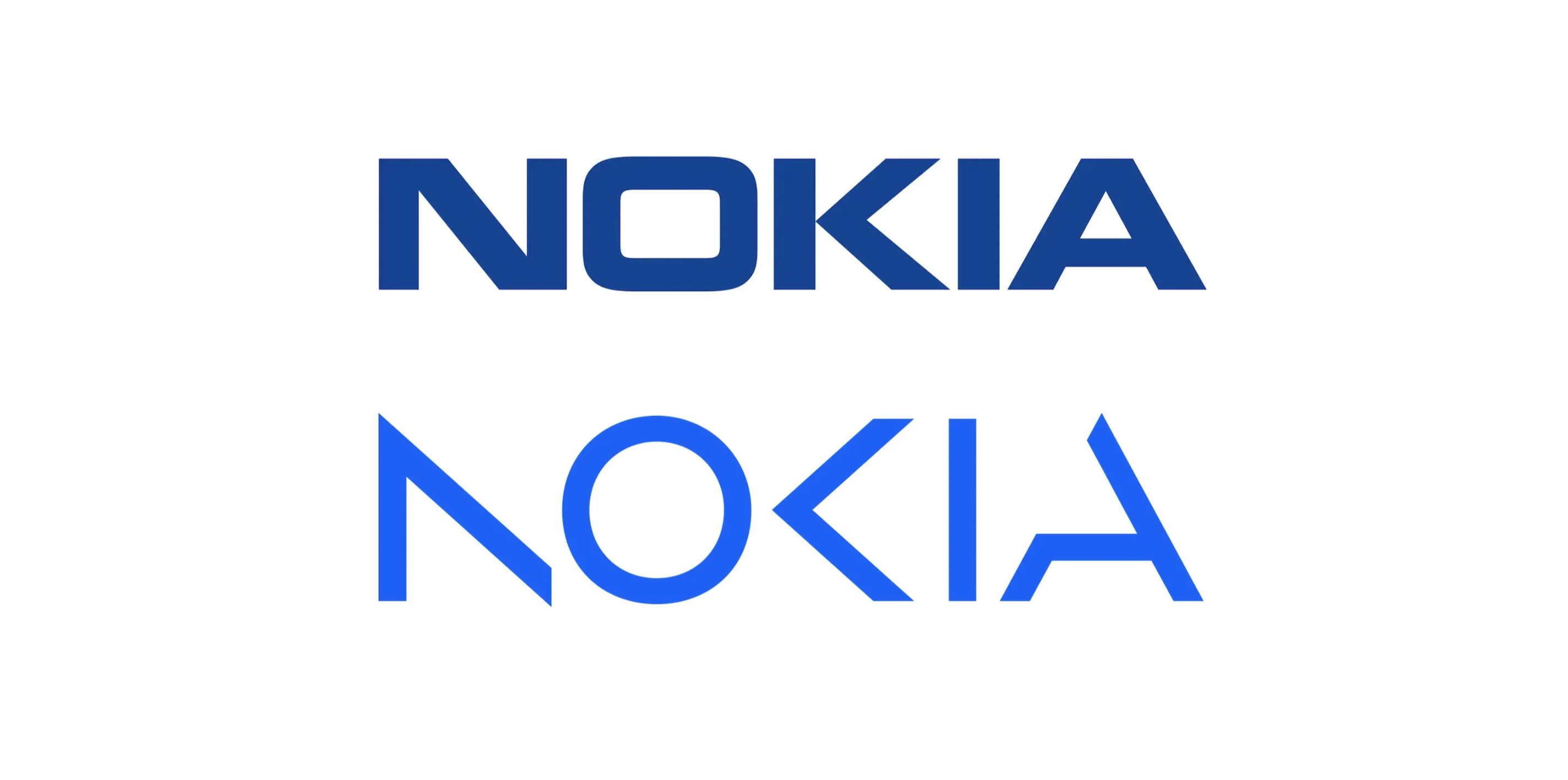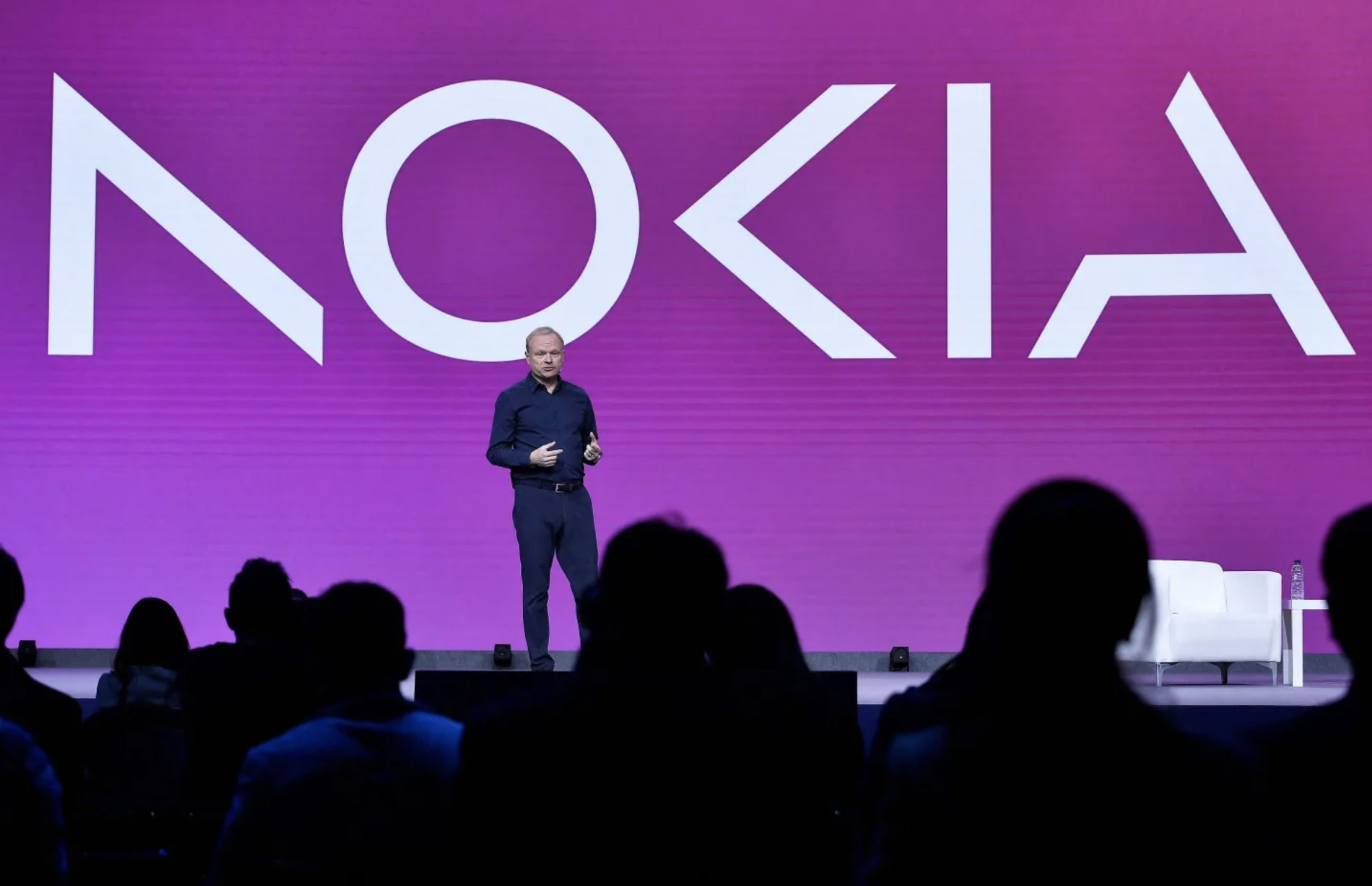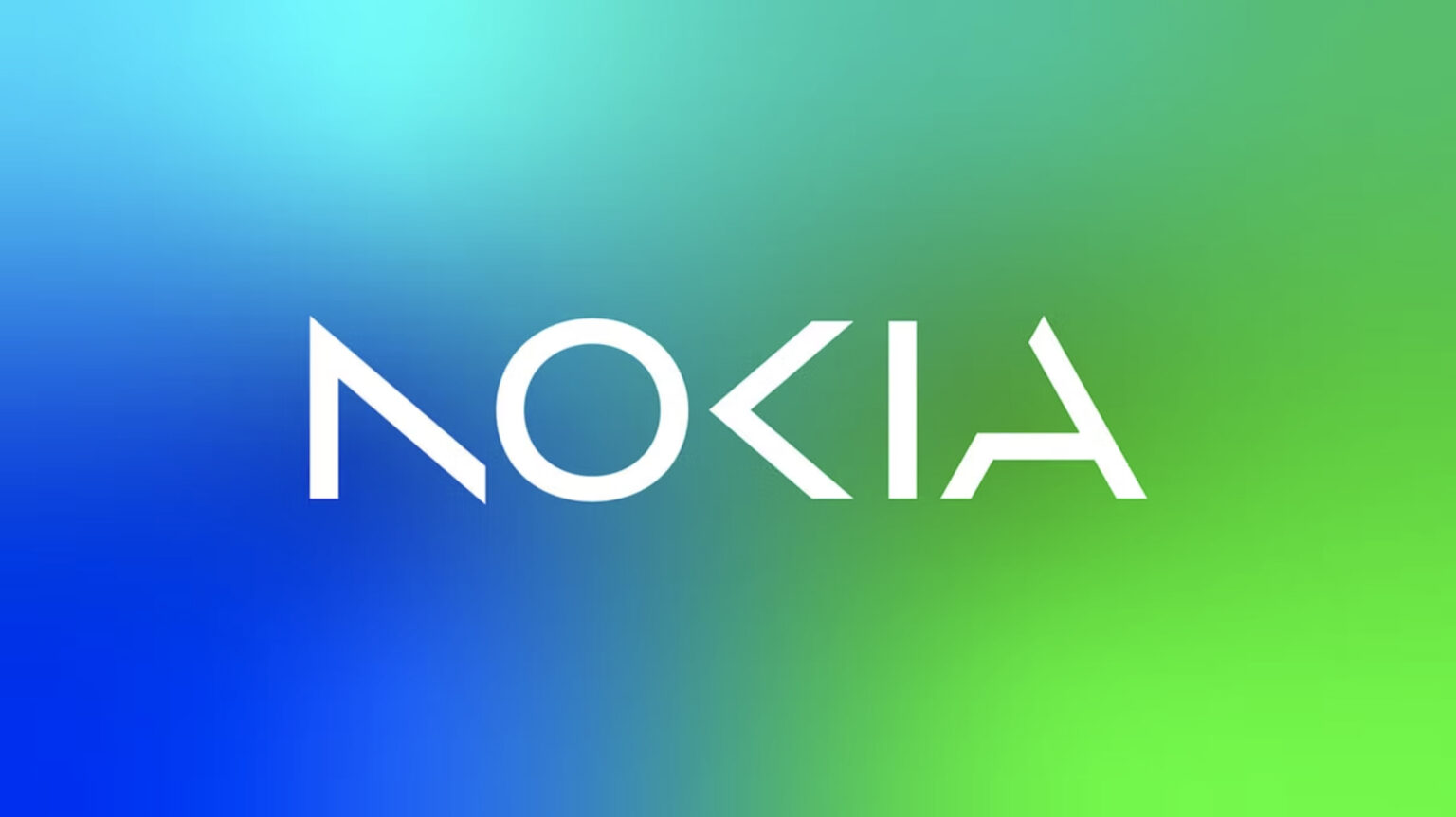Remember Nokia? the once-dominant mobile phone manufacturer that fell from grace in the smartphone era?
Well, it has recently undergone a major rebranding move for the first time in 60 years.
The Finnish company, which was acquired by Microsoft and later sold to HMD Global, no longer wants to reclaim its position as a top player in the mobile market. By changing its logo, Nokia is taking a step as part of the new brand strategy to disassociate Nokia from smartphones, which hasn’t been done in almost ten years.
Nokia has come up with a new logo, unveiling its refreshed brand look, and reflecting its position as a B2B technology innovation leader pioneering the future where networks meet the cloud. And also reminding the world that it’s no longer a phone company.
- Advertisement -
Nokia is No Longer Connecting People via Mobile Phones
“Nokia Connecting People” was an iconic tagline that represented Nokia’s commitment to bringing people together through mobile technology. The tagline was first introduced in 1992 and quickly became synonymous with the brand.
At a time when mobile phones were still relatively new and expensive, Nokia’s products stood out for their affordability and reliability. The company’s focus on making mobile technology accessible to everyone helped it become one of the most successful phone manufacturers of its time.
 The “Connecting People” tagline reflected Nokia’s belief that mobile technology could be used to bring people closer together, even across long distances. With features like text messaging and voice calls, Nokia phones made it easy for people to stay in touch with loved ones no matter where they were in the world.
The “Connecting People” tagline reflected Nokia’s belief that mobile technology could be used to bring people closer together, even across long distances. With features like text messaging and voice calls, Nokia phones made it easy for people to stay in touch with loved ones no matter where they were in the world.
While the “Connecting People” tagline may no longer be part of Nokia’s official branding efforts, its spirit lives on in the company’s commitment to creating high-quality products that bring people closer together.
Nokia was once a global leader in mobile phones, with a market share of over 40% in 2007. But eventually, it seems the company wasn’t able to hold the competition against smartphones operating under iOS and Android.

Nokia hasn’t made smartphones since the Nokia Lumia 1020 in 2013, the year before Microsoft bought its mobile phone business – and we know how that turned out. Microsoft sold its Nokia-branded feature phone business to the Chinese HMD Global which began marketing Nokia-branded smartphones and feature phones on 1 December 2016.
Nokia’s rebranding reflects the shift in focus of the brand’s corporate strategy. Nokia revealed its new brand identity and the redesigned logo to remind the world that it doesn’t make mobile phones anymore. This explains why Nokia changed its logo after nearly 60 years.
Nokia Is Looking For A Better Future With A New Brand
Once upon a time, Nokia ruled the mobile world but the rise of smartphones and competition spearheaded by Apple and Google caused Nokia to lose a chunk of its market share as Nokia failed to adapt to the smartphone era.

The Finnish manufacturer of 5G equipment just updated its logo to distance itself from the mobile phone industry, which it stepped away from over 10 years ago. Nokia’s new visual identity captures the brand as it is today; with its renewed energy and commitment as pioneers of digital transformation.

“We are updating our strategy, and, as a key enabler, we are also refreshing our brand to reflect who we are today: a B2B technology innovation leader pioneering the future where networks meet cloud,” Nokia has announced. “In most people’s minds, we are still a successful mobile phone brand, but this is not what Nokia is about. We want to launch a new brand that is focusing very much on the networks and industrial digitalization, which is a completely different thing from the legacy mobile phones.”
Perhaps most importantly, Nokia is leveraging its rich history as part of its rebranding efforts. The company was once synonymous with mobile phones – particularly durable ones – before it fell behind competitors like Apple and Samsung in the smartphone market. However, Nokia’s legacy as an innovator and pioneer in mobile technology continues to resonate with consumers around the world.








